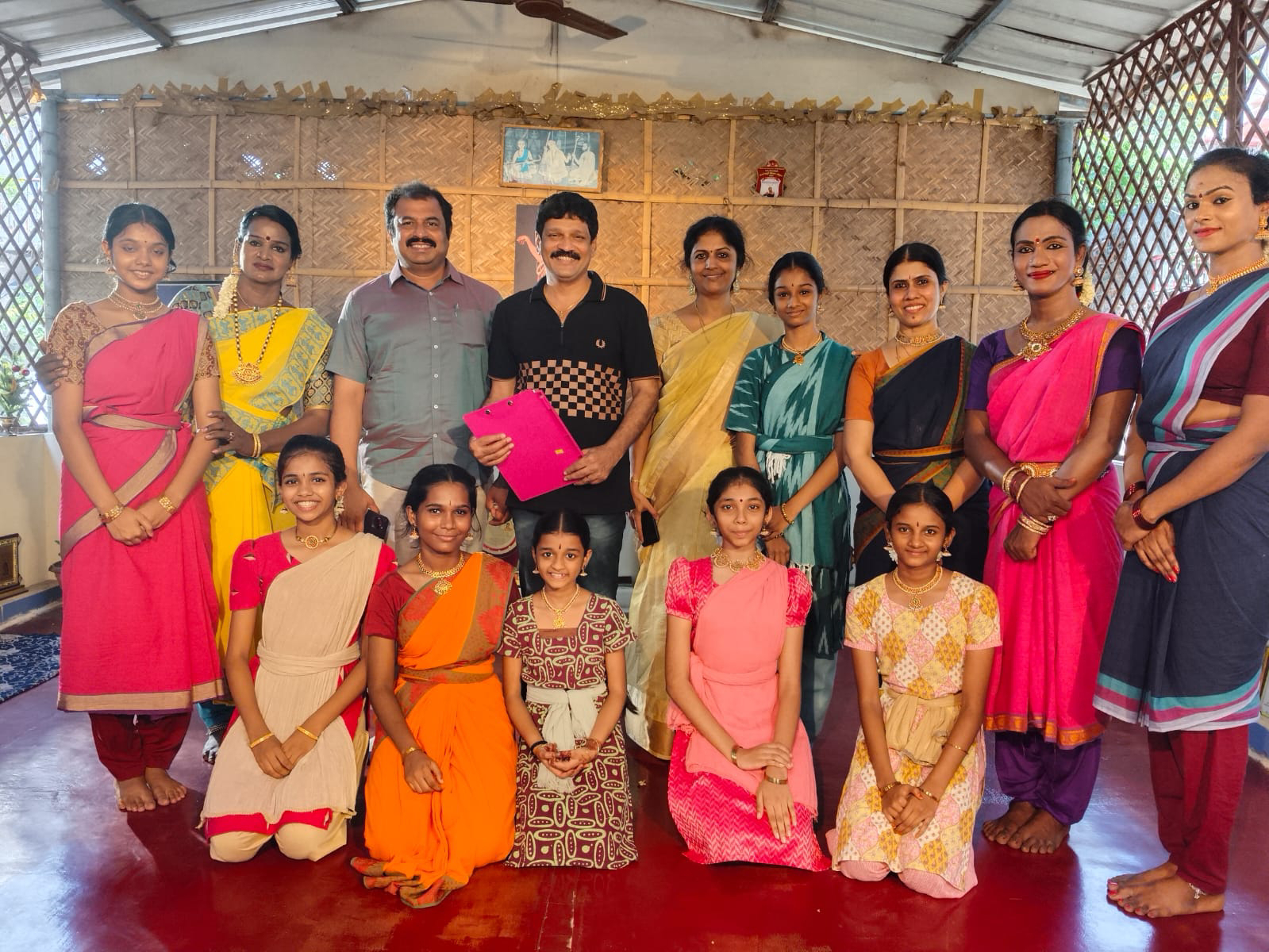Bison Tamil Movie Review: Dhruv Vikram Unleashes His Roar” - Powerful Sport Drama.
Bison Tamil Movie Review: Dhruv Vikram Unleashes His Roar” - Powerful
Sport Drama.
Bison, written and directed by Mari
Selvaraj, is yet another powerful portrayal of rural life and the struggles
of the underprivileged. The film is jointly produced by Sameer Nair, Pa.
Ranjith, Aditi Anand, and Deepak Segal, under Applause Entertainment and Neelam
Studios. Set in the 1984 backdrop, the film stars Dhruv Vikram in the lead role
as Kittan, with Pasupathy as his father, and Ameer (as Pandiyaraja) and Lal in
key negative roles. Staying true to Mari Selvaraj’s distinct voice, Bison
speaks about caste, class, and the perseverance of a young man who dares to
dream beyond the limits imposed by society.
The film opens with a gripping kabaddi
match between India and Pakistan. When the game ends in a draw, the Indian
captain demands a rematch to decide the real winner. At that tense moment,
Kittan reflects on how far he has come, from the dusty grounds of a small village to
wearing the national jersey. This flashback forms the heart of Bison, tracing
his journey through hardship, hope, and heartache that lead him to this
defining moment.
Kittan belongs to a lower community
constantly looked down upon by the upper class. His father, portrayed
brilliantly by Pasupathy, discourages him from pursuing kabaddi, fearing the
discrimination that their community endures. But Kittan’s passion for the game
is unshakable. With encouragement from his school teacher and sheer
determination, he refuses to give up. The film movingly shows how both his
father and grandfather were once kabaddi players who had to abandon their
dreams because of societal barriers.
The turning point in Kittan’s life comes
when Lal’s character, a dominant village man, recruits him into his kabaddi
team. However, Kittan soon realizes that Lal’s motives are far from noble.
Meanwhile, Pandiyaraja (Ameer) stands for justice and equality. His brutal
murder by Lal’s men shakes Kittan to the core and pushes him to channel his
pain into purpose. From district-level games to the national stage, his journey
becomes one of resilience and triumph, marked by sweat, sacrifice, and silent
strength.
Throughout his rise, Kittan finds guidance
from Azhagam Perumal and his daughter, who support him with kindness and
integrity. Mari Selvaraj handles these relationships with sensitivity,
especially the unconventional love angle between Kittan and Pournami, an older
woman who has loved him since childhood. Instead of dramatizing it, the
director treats their bond with realism and emotional honesty, giving the story
a human touch that feels genuine and grounded.
As the story reaches its emotional climax,
Kittan finally represents India in the kabaddi match that mirrors his life’s
struggle, a fight against prejudice and destiny. The final act is both
thrilling and moving, bringing pride to his family and his community. Mari
Selvaraj once again uses cinema as a medium to voice the pain and power of the
oppressed, symbolically placing Dr. B.R. Ambedkar’s photo in pivotal moments to
reinforce the film’s message of dignity, equality, and empowerment.
Dhruv Vikram delivers a deeply matured and
convincing performance as Kittan. His transformation from an impulsive village
boy to a disciplined national player is portrayed with finesse. His body
language and voice strongly recall his father, Chiyaan Vikram, especially in
intense emotional scenes. A standout moment is when Kittan breaks down upon
learning he isn’t selected for the Japan tour. Dhruv’s trembling voice and
tearful expression display rare emotional depth. Pasupathy lends the film
emotional gravity with his restrained and heartfelt acting, while Ameer and Lal
bring intensity and authenticity to their opposing roles.
Technically, Bison shines in every
department. Ezhil Arasu’s cinematography captures the rural landscape of 1984
Tamil Nadu with raw beauty and emotional realism. Sakthi Thiru’s editing
ensures that the 168-minute runtime flows smoothly, and Nivas K. Prasanna’s
music elevates the narrative with a powerful background score and rousing
songs. Mari Selvaraj’s direction is sincere, poetic, and socially conscious,
once again proving that he is one of Tamil cinema’s most fearless storytellers.
Overall Verdict:
Bison is not just a sports film, it’s a
story of identity, courage, and hope. With Dhruv Vikram’s mature performance, Mari
Selvaraj’s rooted storytelling, and strong technical craftsmanship, the film
roars with emotion and purpose. Set against the 1984 backdrop, Bison stands
tall as an inspiring tale of a young man who turns his struggles into strength
and his pain into pride.



Comments
Post a Comment